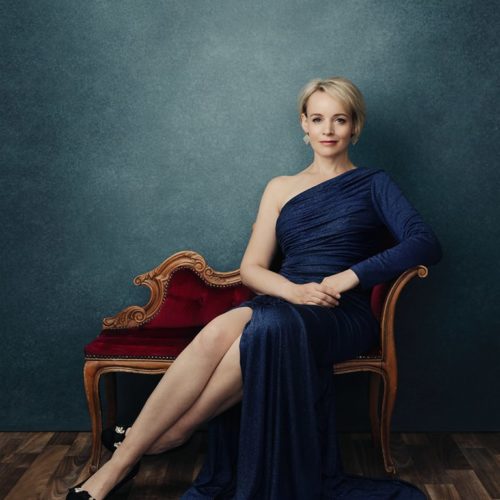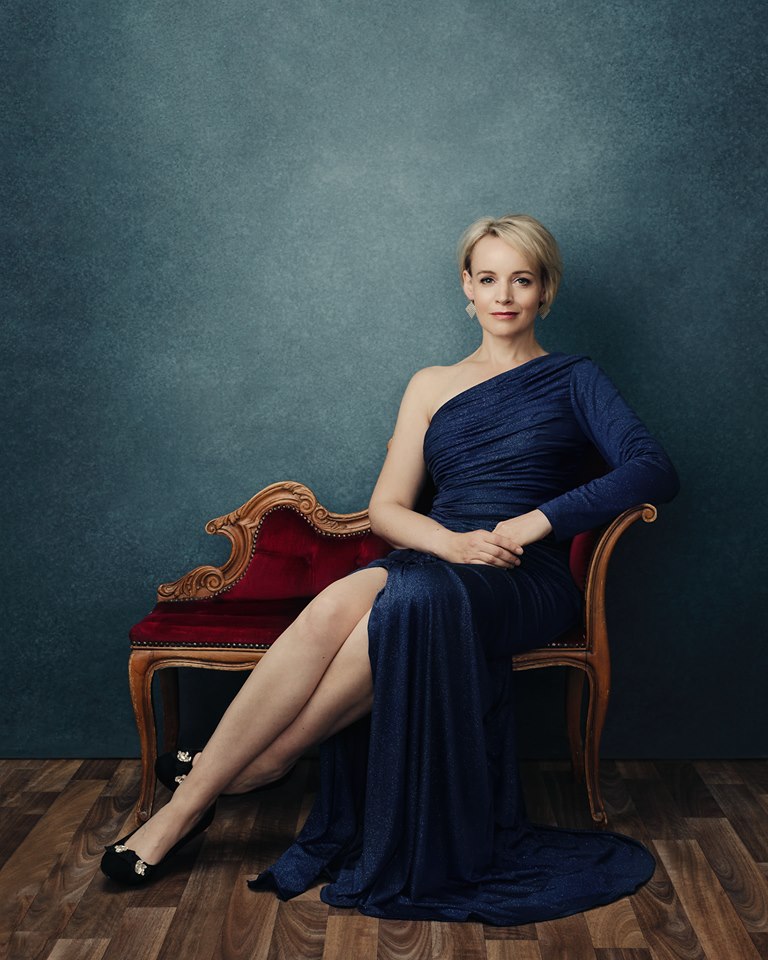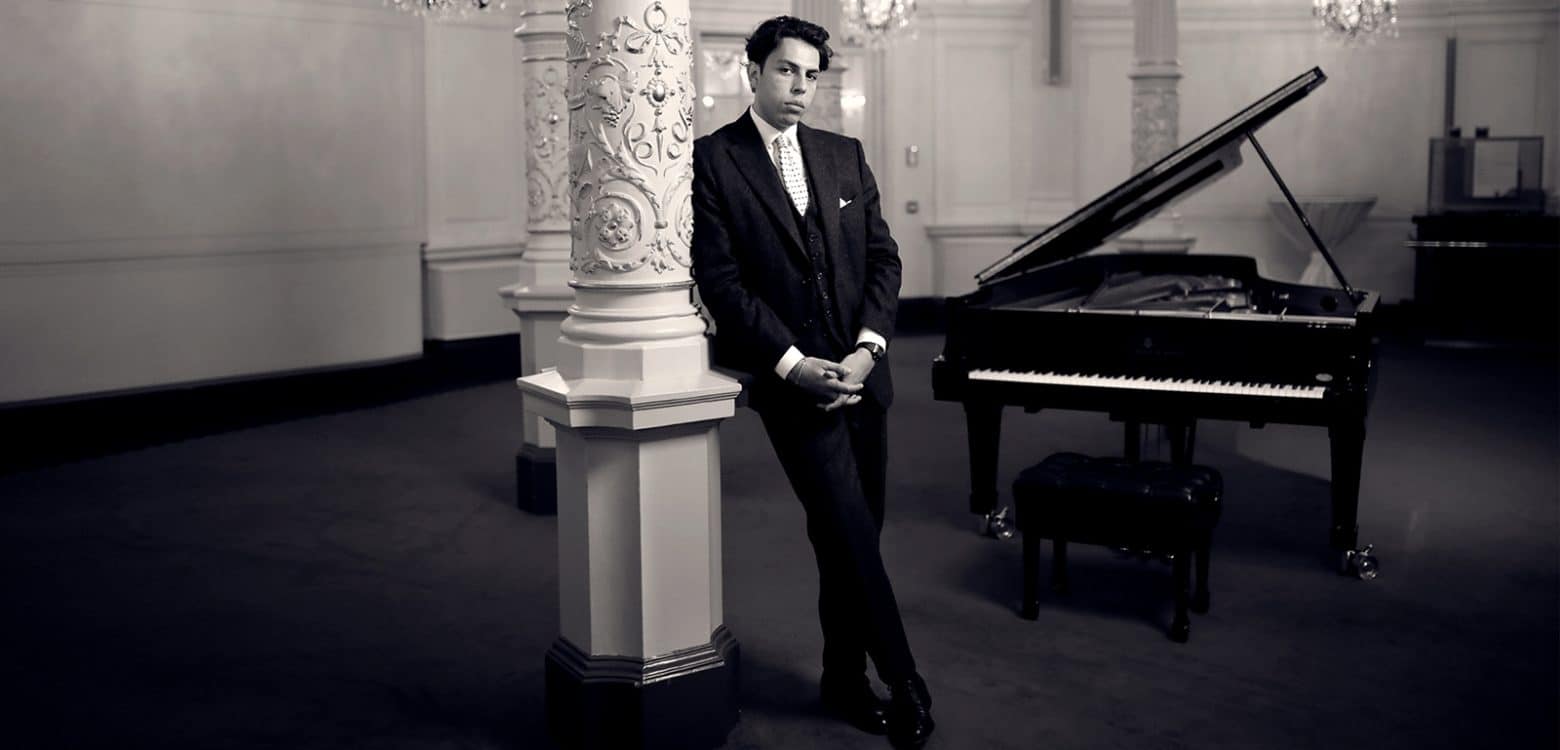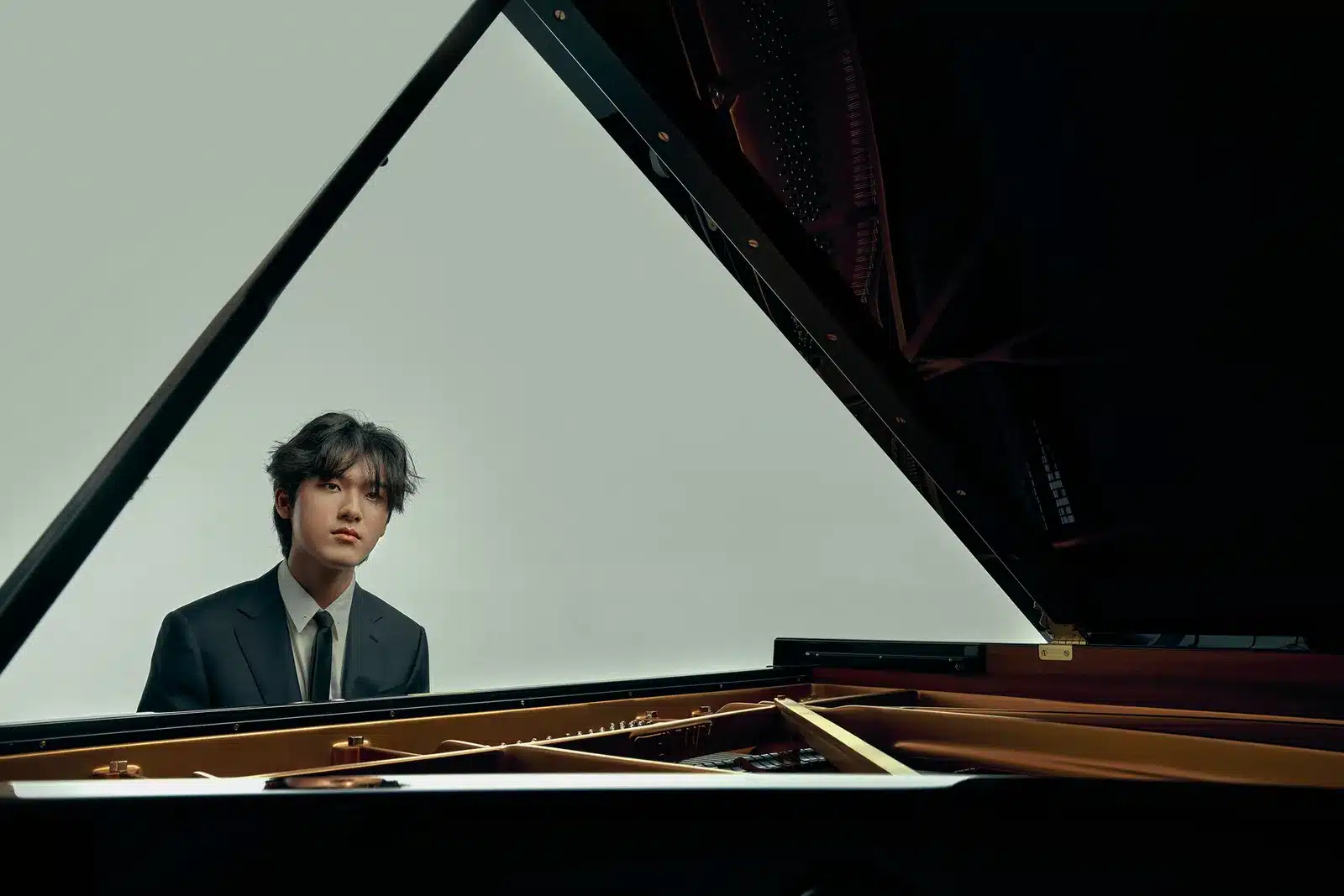Stripping and shaming on the opera stage
mainThe British soprano Rachel Nicholls has written a frank, intelligent, essential piece about preparing to play Salome in her forties when it suits her voice better than the composer’s teenaged fantasy. A brilliant piece of writing.
…. Looming over the whole (mainly joyous) preparation process, is a quote from Strauss himself, namely that he wanted his Salome to have the voice of Isolde, but in the body of a sixteen year old girl. The opera opens with the line “Wie schön ist die Prinzessin Salome heute nacht!” and the norm is that Salome gets her kit off in return for a snog with the severed head of John the Baptist. No pressure then!
I’ve got my kit off on stage before. I’ve been a topless Tatyana at Scottish Opera, as well as doing the traditional breasts-out bit in The Knot Garden. I’ve got down to my underwear doing a sex scene with Alan Opie in For You (he managed to get away with only removing his shoes). Most outrageously, on arriving to do a late jump-in in Kurt Weill’s Mahagonny Songspiel in Montepulciano, I was met by the director who greeted me effusively with “Hello Rachel, now we will go to ze sex shop!”, where he proceeded to watch me parade around in a variety of ever increasingly pervy outfits until he was satisfied that what he wanted for ze concept was me in a pair of white PVC hot pants, 4 inch perspex mules and nothing else. However all of this was an increasingly alarming number of years ago when I was jung und schön. I’m very much afraid that I’m now just und. I don’t have a problem with nudity on stage at all… as long as it’s justified by the piece and by the production, but I have to admit to being a bit apprehensive about the prospect of baring all in my mid-forties.
It’s not just women who feel the pressure – a baritone friend of mine who was double cast in a shirtless role with a notable barihunk tells me that he’d spent weeks psyching himself up to go on stage topless for the first time. The director took one look at him and said “We will find you a shirt”. Ouch!…

Read on right here.
And when you’ve read that, read also: What it means to perform opera naked by mezzo-soprano Gráinne Gillis






Comments